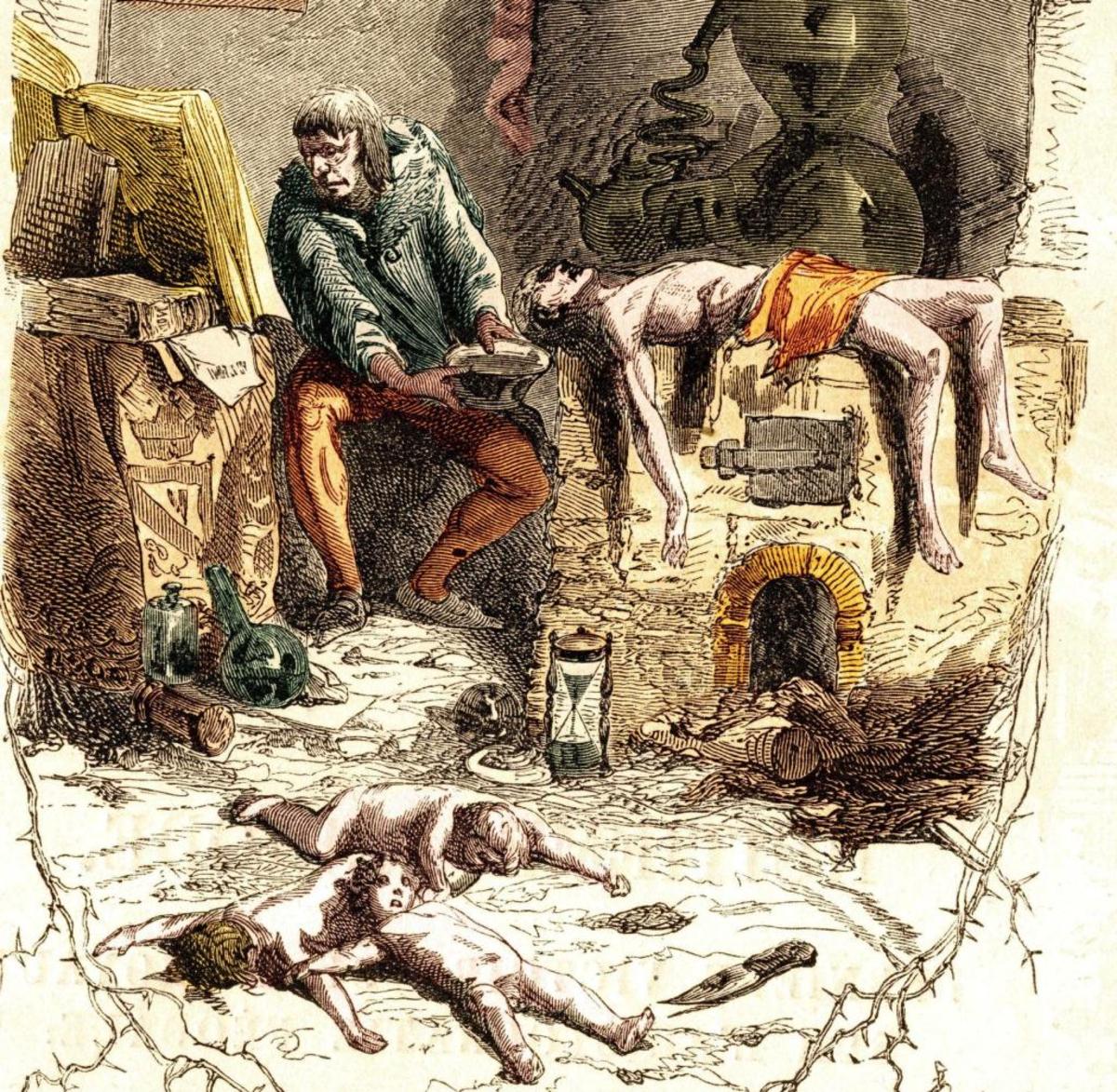Psychological Aspects of Serial Killers


It’s interesting to note, America has fostered more serial killers than any other country. A recent FBI study reveals there have been about 400 in the United States in the past century alone with victims totaling up to possibly 4,000. Eighty percent of these have emerged since 1950.
Los Angeles police detective Pierce Brooks is generally credited with introducing the term "serial killer" during the mid-1970s. At the time, his counterparts in England were using the phrase "crimes in a series," but perhaps Brooks felt that didn’t roll off the tongue verily easily…thus, the term "serial killer."
So much for the word, but what is a serial killer? According to some sources a serial killer is one who has murdered 3 or more people with virtually no break in between. This is not the same as a “mass murderer,” whose definition is one who kills four or more people at the same time over a very short period of time at the same location. A serial killer is also not a “spree killer,” one who murders in multiple places over a short period of time. Others have defined the term as "a series of two or more murders, committed as separate events, usually, but not always, by one offender acting alone."

Now, we know what a serial killer is. But, the real question is why they kill. Dr. Mike Aamodt, a Radford University Psychology Professor has been studying that question going on two decades. People frequently ask him the question and he is forced to initially answer “It depends.”
After he and his assistants (students) had compiled a database of nearly 2,000 killers spanning several centuries, the answer became obvious there was no “one size fits all” specific or generic profile. However, there are some interesting facts Aamodt and his team uncovered…70% are white, 90% are male, 70% were abused as children, 60% had some type of brain damage and the average age is 28. But that’s where most similarities end.
But, others who have done studies on the subject aren’t always in direct agreement with Aamodt’s findings. The FBI reports there are African American, Asian, Hispanic and a myriad of other races who are just as apt to be a serial killer. In short, whites are not more likely than other races to be serial killers.
In view of this statement, where did the myth of the white serial killer originate? According to noted criminal profiler, Pat Brown , “Serial killers are usually reported as white because the media typically focuses on ‘All-American’ whites and pretty female victims targeted by white male offenders, that crimes among minority offenders in urban communities, where crime rates are higher, are under-investigated, and minority serial killers likely exist at the same ratios as white serial killers.” Yet, others set the ratio at different levels, so the answer really depends on whom one speaks to.
Another myth that has become popular is serial killers are usually extremely intelligent. Not so, says Aamodt. “…if you put all of them together, their IQ is basically average." However, Aamodt notes those with higher IQs typically used guns or bombs, while those with a lower IQ score usually raped, mutilated and tortured their victims.
Some serial killers have been diagnosed as psychopaths. Psychopaths are not insane, according to the Diagnostic and Standard Manual of Mental Disorders, (DSM). They know right from wrong, but this diagnosis may explain their behavior. The DSM states a psychopath “…follows a pattern of "disregard and violation of the rights of others occurring since age 15." Only two serial killers have ever successfully used the insanity defense.
Identifying a serial killer before they commit a crime is often difficult because they typically appear average, attractive, successful and sometimes as a “pillar of the community.”
According to one source, there's no way to know how many serial killers are at large at any given point in time. Some have estimated there are from 50 to 300, but these figures have never been documented. But figures and statistics don’t address the issue of why. One researcher likened the process of discovering what makes a serial killer to “aligning a Rubik's cube.”
There is no one answer, but several theories have been postulated… childhood abuse, mental illness and brain injury. Let’s look at the theory of neglect and abuse. While it’s true many serial killers experienced harsh circumstances during their formative years, so did many others who went on to lead normal successful lives. However, this is not to say it didn’t play a part.
Another theory holds serial killers were physically abused as children or witnessed the abuse of family members. Again, so have many others. But according to some researchers, this leads some to grow up without a sense of anyone other than themselves. And as far as brain injury goes, well that’s more or less self explanatory.
Many serial killers have faced similar problems during their childhood. So, how can the public recognize a serial killer? It can be extremely difficult and perhaps impossible for the most part. But following is a list of common traits found during their early years:
· They are often raised by domineering mothers with no father figure present
· Family members often have criminal, psychiatric and alcohol issues
· Frequently found to have been abused emotionally or physically by a family member
· Have often tried to commit suicide
· Many were obsessed with voyeurism, fetishism and pornography which sometimes later progressed to necrophilia
· Tendency to exhibit sadistic behavior such as in torturing animals
· Often fond of arson.
· Many were bed wetters beyond 12 years of age. There are arguments as to whether this constitutes a trait.
· Frequently the target of bullies during school years.
· Many participated in petty theft, vandalism and other dishonest practices
These are traits most serial killers have in common, but the list still falls short of a definitive answer. Most experts have concluded a child's environment, either their parents, family or society are the greatest factors in determining whether someone will grow up to be a serial killer.






